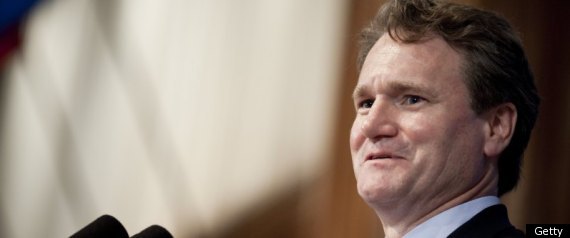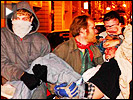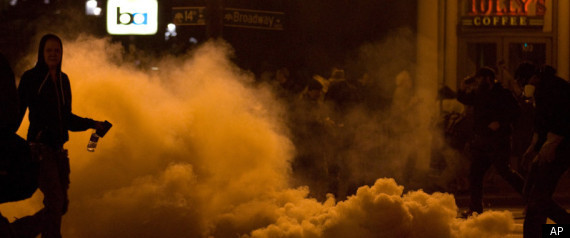 “Where my feminists at?” read a sign propped against a bench at the entrance to Zuccotti Park on Thursday night as a General Assembly meeting began to echo over the human microphone.
“Where my feminists at?” read a sign propped against a bench at the entrance to Zuccotti Park on Thursday night as a General Assembly meeting began to echo over the human microphone.Five days of observing working group meetings, sitting in on General Assemblies and talking to women at the occupation suggests that the answer to the sign’s question is a resounding “everywhere.” Women have been entrenched in the day-to-day (running meetings, procuring food) and long-term (analyzing structure, building solidarity) work of Occupy Wall Street from day one, and are committed to sticking around. Thanks to the women involved, as well as a number of their allies, OWS has tweaked its “horizontal” structure to ensure a maximum diversity of participation. They are doing this work not only for themselves, the OWS women say, but for the movement. “ ‘Liberation is not the private province of any one particular group,’ ” says Shaista Husain—an activist from the CUNY media and culture studies department, who has been working with Occupy Wall Street since it began—quoting Audre Lorde. Elevating the voices of women and people of color, she says, isn’t about “identity politics” but about sustainability, building “a viable meaningful protest against the hegemony of the rich.”






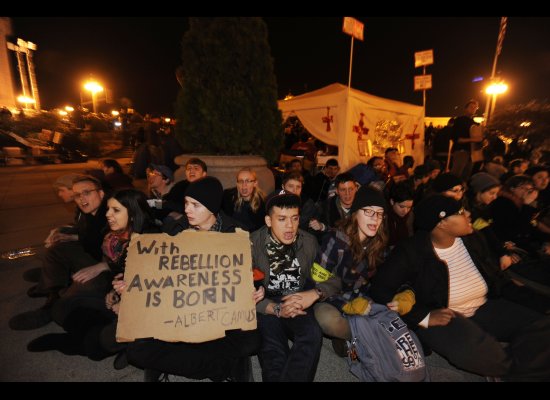

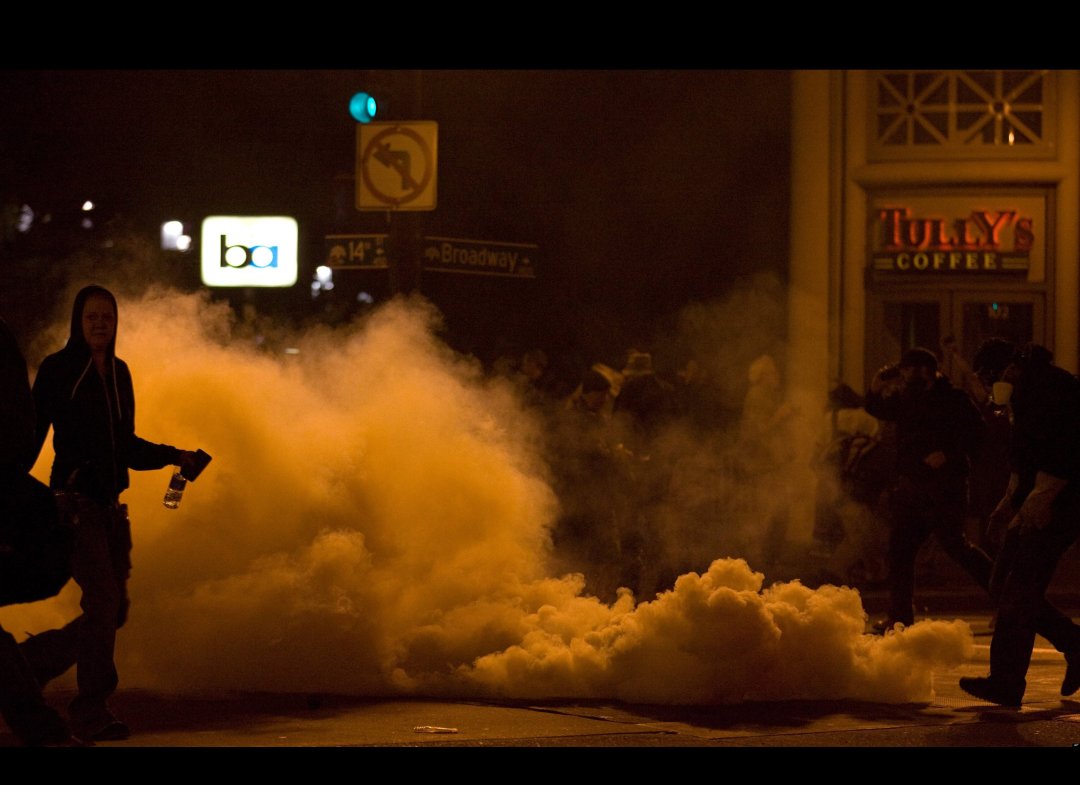
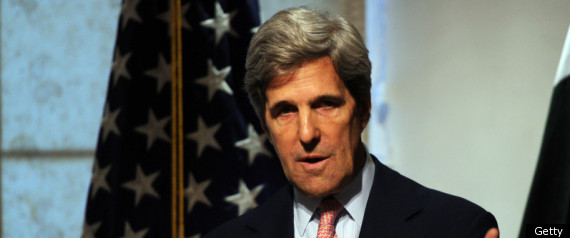




 All those numbers are inflation adjusted and only brings the data up to 2007, before the crisis that led to our current great recession.
All those numbers are inflation adjusted and only brings the data up to 2007, before the crisis that led to our current great recession.
